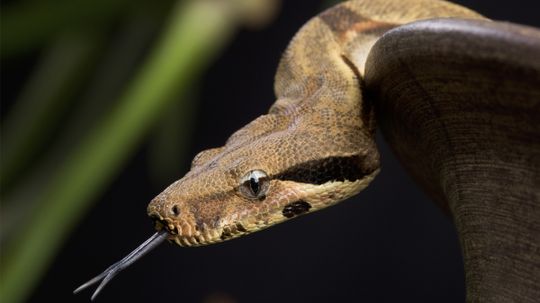Imagine a world without snakes, where these slithering creatures cease to exist. Such an absence would have profound implications on the delicate balance of ecosystems and the intricate web of life. In this article, we delve into the hypothetical scenario of a snake-less world, examining its potential consequences from a scientific standpoint.
The Ecological Ramifications
In their role as both predator and prey, snakes play a crucial part in maintaining ecological equilibrium. Without them, there would be significant disruptions in various food chains and trophic levels. For instance, rodents such as mice and rats could experience exponential population growth due to reduced predation pressure.
This surge in rodent populations could lead to detrimental effects on agricultural systems as crops become vulnerable to increased herbivory. Additionally, with fewer predators controlling their numbers, rodents may also spread diseases more rapidly among human populations.
The Impact on Biodiversity
Snakes are known for their remarkable ability to adapt to different habitats and climates worldwide. Their absence would result in an imbalance within ecosystems that rely on these reptiles for seed dispersal or pollination through interactions with other species.
Furthermore, many snake species act as vital indicators of environmental health due to their sensitivity towards habitat degradation or pollution. The loss of these sentinel organisms could hinder our ability to monitor ecosystem changes effectively and address potential threats before they escalate.
The Disrupted Trophic Cascades
Trophic cascades refer to the indirect effects that occur across multiple trophic levels when there is a change in one level’s population size or behavior. Snakes often occupy positions at critical points within these cascades by regulating prey populations or influencing predator behavior through fear-induced responses.
In the absence of snakes, trophic cascades would be altered, potentially leading to unforeseen consequences. For example, an increase in herbivorous prey species could result in overgrazing and habitat degradation, affecting other organisms dependent on these habitats.
Conclusion
The hypothetical scenario of a world without snakes highlights the intricate connections between different species and their roles within ecosystems. Snakes play vital ecological roles that extend beyond our initial perceptions. Understanding and appreciating their significance is crucial for maintaining biodiversity and preserving the delicate balance of nature.
